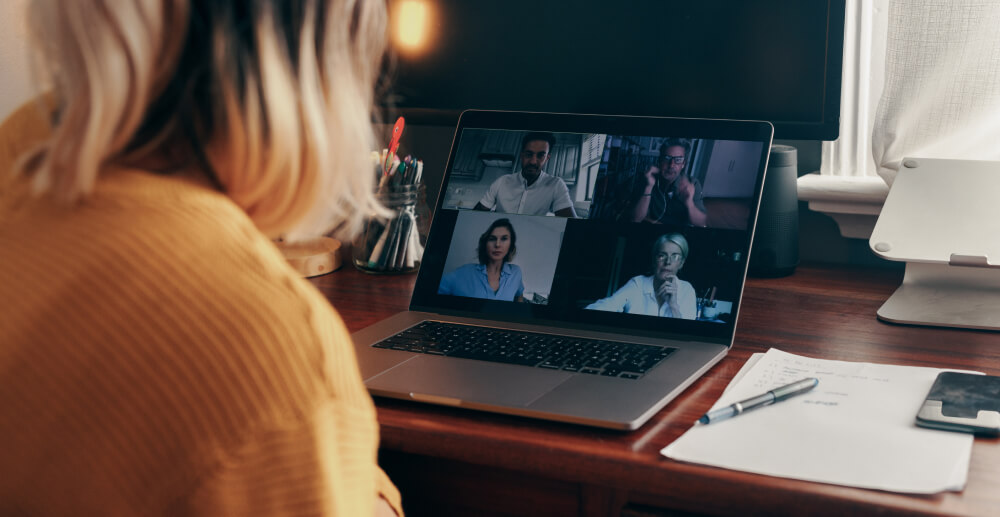There are many effective pathways to recovery. Sometimes clinical addiction treatment isn’t the right option for people seeking recovery.
There are a whole host of reasons why people choose non-clinical pathways of recovery. Some of these are the prohibitive cost of treatment, family and work commitments that make it too challenging to spend time away at a treatment center, or that a person simply prefers to try their own way to recover.
A leading study found that tens of millions of Americans have successfully resolved an alcohol or drug problem through a variety of pathways. 53.9 percent reported “assisted pathway use” that consisted of mutual-aid groups (45.1 percent), treatment (27.6 percent), and emerging recovery support services (21.8 percent). 95.8 percent of those who used mutual-aid groups attended 12-step mutual aid meetings. However, just under half of those who did not report using an assisted pathway recovered without the use of formal treatment and recovery supports. This is also referred to as natural recovery.
Non-clinical pathways are just as valid a pathway of recovery as clinical ones are. And they are often more accessible. They incorporate mutual-aid meetings, self-managed pathways, and holistic treatments.
What is great about these pathways of recovery is that you can pick and choose what works for you*. You will find that your needs change as you progress in your recovery. Initially, you may require the structure of a 12-step group, but later find the need for more mindfulness-based practices like Recovery Dharma. There is an option whatever your need, personal beliefs, and stage in recovery.
Mutual-aid pathways of recovery
Mutual-aid recovery is a more formal way of describing a support group for people in recovery. These meetings are a great way to find community and peer support, which have been shown to affect long-term recovery.
When we think of these types of groups, Alcoholics Anonymous usually comes to mind. However, there are now many other groups available. These groups vary in structure, belief system, program of recovery, culture, and the duration you attend for. There are groups for women only, as well as mixed-gender groups.
As we’ve mentioned, this type of recovery is the most accessible type of recovery because it’s free. This is a great option for people who cannot afford formal treatment. Each group sustains itself with small, individual contributions, and members run the group as an act of service or volunteering.
Mutual-aid recovery is a pathway of recovery in its own right. It can also be used to support clinical treatment. Many treatment facilities including attendance at these groups as part of their structured program of recovery, so that each patient has a support group when they leave treatment.
There are many meetings to choose from. Each varies in format and program of recovery, and some focus on specific substances:
- 12-step groups: Alcoholics Anonymous, Narcotics Anonymous, Cocaine Anonymous, Heroin Anonymous, and Crystal Meth Anonymous
- Non-secular recovery: LifeRing Secular Recovery, SOS, SMART Recovery, and Secular AA
- Buddhist-inspired groups: Refuge Recovery, Recovery Dharma, and DIY Dharma
- Sports groups: The Phoenix and The Recovery Gym
- Women-only groups: Women for Sobriety and SHE RECOVERS, and many other groups offer female groups. Be sure to check the meetings list of the particular group online.
- Culturally supportive groups: Wellbriety (Indigenous Culture), JACS (Jewish), Millati Islami (Islamic), and Celebrate Recovery (Christian)
- Harm reduction groups: Moderation Management, Medication-Assisted Recovery Anonymous, and National Alliance of Medication-Assisted Recovery (NAMA Recovery)
- Recovery in Education Groups: Association of Recovery in Higher Education and Association of Recovery High Schools
- Groups for Young People: Transforming Youth Recovery
Many of these groups are available throughout the US (and internationally), but if you can also access them online if you live in a rural area. Check out our handy guide to online recovery meetings.
Another factor to note is that many of these meetings have a similar rate of success, despite a lot of misinformation online. A study comparing 12-step groups to alternative mutual aid groups found that LifeRing, SMART, and Women for Sobriety were just as effective as 12-step groups.
Self-managed pathways
Self-managed pathways of recovery, also known as natural recovery, are utilized by individuals who don’t seek formal help and are able to resolve their issues on their own. One 2017 study found that just under half of those who resolve a drug or alcohol problem do so without any assisted pathway. In other words, naturally.
There is a range of reasons why people recover in this way. Stigma is a major barrier to seek treatment, with less than 10 percent of Americans with substance use disorder seeking help.
People who recover naturally often find a new hobby or challenge to replace their addiction, or they might start exercising to promote feelings of well-being. There are many athletes who have used CrossFit to recover, like Christmas Abbott and Charlene Matthews.
Holistic therapies
Holistic therapies can be used as a pathway of recovery for mild cases of substance use disorder or to complement clinical treatments. These therapies include acupuncture, aromatherapy, yoga, reflexology, hypnosis, meditation, reiki, canine therapy, equine therapy, massage, wilderness therapy, art therapy, music therapy, drama therapy, and dance and movement therapies.
How to find the right pathway to recover
Determining the right pathway largely depends on the severity of the addiction and the level of intervention required. Typically, the more acute the substance use disorder, the greater the level of support required.
The best way to approach finding the right pathway of recovery is with an open mind. It’s also handy to know that not every type of meeting may fit right. You might not align with their points of view or program of recovery. The best tip I’ve ever had about meetings was to try six times. Then if it still doesn’t feel right, try something else. We’re incredibly lucky in the US to have a plethora of both online and in-person meetings. If you live in a rural area, you can access the meetings online.
You may not even like meetings. And that’s okay, too. I encourage you to find something that works for you. Most importantly, a pathway of recovery is there to support your overall well-being and help you achieve your recovery goals.
*It is worth noting, however, that you should always try to see a medical professional before approaching abstinence, especially if you suspect you may be dependent upon substances.








